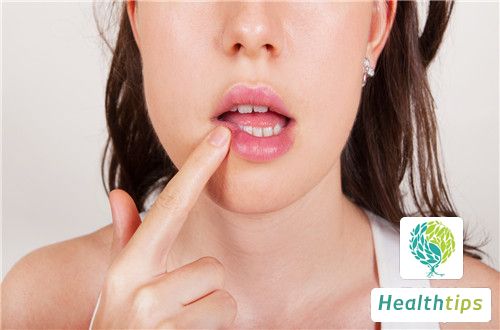What is the Cost of Breast Augmentation through Autologous Fat Transfer?
Autologous fat grafting for breast augmentation involves extracting excess fat from the abdomen, hips, or waist and injecting it into the breasts. The excess fat is purified through separation and activation before being injected into the breasts in multiple sessions, resulting in fuller and firmer breasts for women. This procedure is relatively advanced and has gained popularity among many women. However, the cost of autologous fat grafting for breast augmentation can vary depending on several factors.

Firstly, the effectiveness and number of sessions required for autologous fat grafting are influenced by the amount of fat grafted, the survival rate of the fat cells, and the skill of the surgeon. Typically, a single injection of approximately 200-300ml is recommended, but this may vary from person to person. After transplantation, some of the fat cells may be absorbed, and generally, the survival rate of fat cells is around 50%~60%. This means that even if 300ml of fat is grafted, only 150ml may remain after three months. Therefore, 2~3 sessions of fat grafting may be required to achieve a satisfactory C-cup effect.
Secondly, the cost of autologous fat grafting for breast augmentation can differ depending on the hospital and surgeon's fees. While many hospitals offer this procedure, each hospital has its own techniques and pricing standards. The cost is determined by the chosen hospital and surgeon's charging standards. Generally, the price of autologous fat grafting for breast augmentation tends to be higher, starting from around 20,000 yuan. Private hospitals may charge around 30,000 yuan, while public hospitals may charge around 40,000 yuan.
To undergo autologous fat grafting for breast augmentation, several conditions need to be met. Firstly, the individual must have sufficient fat to use as the grafting material. If the body is too thin and lacks adequate fat, it may be difficult to perform the procedure effectively, and the results may not be satisfactory. Therefore, it is essential for potential candidates to have enough fat on their bodies.
Secondly, the surgery should be performed when the individual is in good health to ensure optimal surgical outcomes. Women should also avoid undergoing the procedure during menstruation, pregnancy, and lactation as these periods can affect the body's functions and resistance, making it unsuitable for surgery.



















